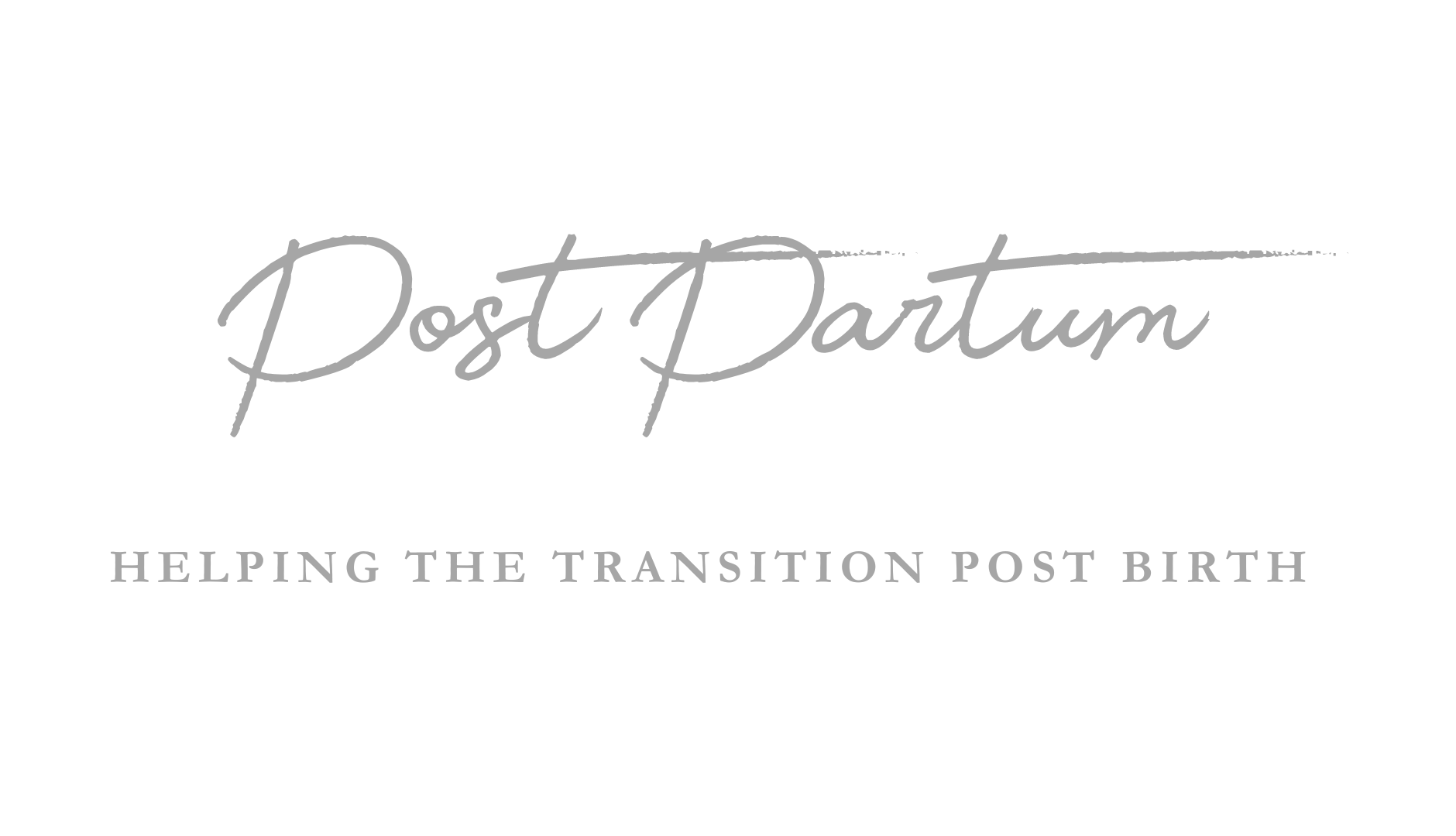Conscious Support for Conception, Pregnancy, Birth & Beyond
BodyTalk Therapy is a whole-system approach that supports stress reduction, internal communication, and integration across the body, mind, and nervous system. Rather than focusing on symptoms alone, BodyTalk works by listening to what the body is prioritising and responding to — including stress, fear, anxiety, emotional load, and patterns that may be holding you back.
This work supports the body in restoring balance and coherence, allowing healing to occur in a way that is guided by your own system rather than imposed from the outside. BodyTalk also supports a deeper connection to your intuition and inner knowing — helping you build trust in your body, your choices, and your capacity to navigate pregnancy, birth, parenting, or the transitions that come with adoption or surrogacy. Learn more about BodyTalk.
How can we support you?
Learn Preconception Support
In the preconception phase, BodyTalk supports the body in preparing for change.
Many people arrive here having done “everything right” — tracking cycles, optimising nutrition, seeking medical answers — and still feeling stuck, pressured, or exhausted. Often, the body is not failing, but protecting.
BodyTalk supports preconception by addressing:
chronic stress and nervous-system activation
emotional or relational patterns that impact safety and receptivity
unresolved experiences related to pregnancy, loss, identity, or fear
physical stressors that affect hormonal balance, cycles, or energy
This work helps restore internal safety and trust, creating an environment where conception is not forced, but becomes possible when the body feels ready.
Preconception work may also include supporting communication with a future child, for those who resonate with this aspect of the work, while always remaining grounded in physiological and nervous-system regulation. Learn More.
Supporting Pregnancy & the Prenatal Period
Pregnancy is a shared experience — shaped by the body, the nervous system, emotions, and the developing relationship between pregnant person and baby.
BodyTalk supports both the pregnant person and the baby by working with stress patterns, internal communication, and the relational field they are creating together.
This work may support:
the pregnant person’s body as it adapts hormonally, structurally, and emotionally
the baby’s developing nervous system by supporting regulation and safety within the shared environment
the integration of inherited or earlier experiences that may be influencing either system
a deeper sense of connection, attunement, and responsiveness between parent and baby
Rather than trying to direct the pregnancy or birth, BodyTalk helps clear what may be interfering with trust and regulation — allowing both parent and baby to meet the journey with greater ease.
This work does not fix or force.
It supports the body’s innate intelligence and the baby’s capacity to respond within a regulated, connected system. Learn More.
BodyTalk supports birth preparation by working with the whole birthing person–baby system — including emotional stress, inherited patterns, nervous-system responses, and the body’s internal communication.
Rather than teaching techniques or directing the birth process, this work helps clear what may be interfering with trust, safety, and responsiveness as birth approaches.
By supporting regulation, emotional integration, and connection, BodyTalk creates the internal conditions that allow birth to unfold with greater presence and adaptability — for both parent and baby.
This is not about control or guarantees.
It is about supporting the body’s capacity to respond. Learn more.
Postpartum is a time of recovery, adjustment, and integration — for both parent and baby.
Support during this phase may include physical and emotional recovery after birth, nervous-system regulation, and the integration of the birth experience — whether it was joyful, overwhelming, medical, or unexpected.
This work also supports families navigating postpartum loss, grief, NICU experiences, or complex transitions, as well as practical and emotional support around infant sleep, bonding, and early parenting rhythms.
Rather than trying to fix or rush this stage, postpartum support focuses on helping the system settle, heal, and find steadiness — meeting both parent and baby with care during a tender time. Learn more.
Babies are not passive in their early experiences — they are responsive, aware, and deeply affected by their internal and relational environment from the very beginning.
This work recognises that stress, shock, or disruption can occur at any stage — during pregnancy, birth, or early life — and may show up as unsettled behaviour, difficulty sleeping, feeding challenges, or challenges with regulation.
Through gentle, non-invasive support, BodyTalk works with the baby’s system in relationship with their caregivers, supporting integration, regulation, and a greater sense of safety.
Support is always relational.
Babies are not “fixed” or treated in isolation — they are listened to and supported within the context of their family system. Learn more.
Hi, I am Joanne Yanke (Fisher).
I support individuals and families from preconception through postpartum, helping create the internal conditions for conception, pregnancy, birth, and early parenthood to unfold with greater ease and trust.
My work integrates consciousness-based therapy, education, and hands-on, emotionally attuned support. I specialise in preconception and fertility support, prenatal bonding, birth preparation, nervous-system regulation, generational healing, and conscious parenting — honouring both parent and baby as responsive, intelligent beings.
Through this whole-system approach, families are supported in reconnecting with their bodies, deepening communication, and navigating this transition with presence, clarity, and care.
Growing a baby — and becoming a parent — can be a tender, demanding, and deeply transformative experience.
For many, the journey includes uncertainty, worry, fear, physical discomfort, emotional intensity, and endless questions — sometimes beginning long before conception and continuing well after birth.
Conscious Birth recognises this journey as a whole.
Not just pregnancy or labour, but the internal environment that shapes conception, gestation, birth, bonding, and the transition into parenthood.
In our culture, discomfort and distress are often treated as something to simply endure or manage in isolation.
From a body-based, consciousness-informed perspective, these experiences are often meaningful signals — expressions of stress, adaptation, emotional load, or unintegrated experiences within the body and nervous system.
This work does not assume something is “wrong.”
It invites listening.
By supporting the body’s communication — physically, emotionally, relationally, and neurologically — Conscious Birth offers a way to meet each stage of the journey with greater awareness, regulation, and trust.
The intention is not to control outcomes or promise a particular experience, but to support the internal conditions that allow conception, pregnancy, birth, and early parenting to unfold with greater ease, connection, and care.
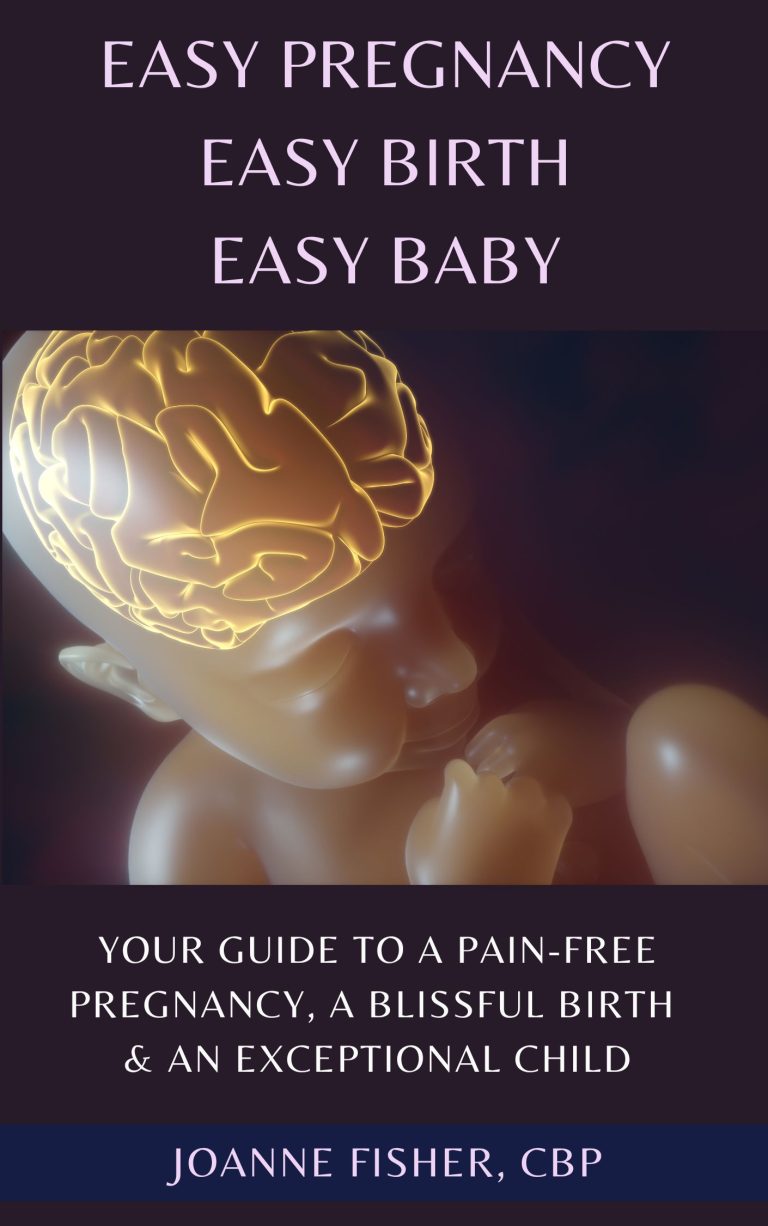




The Blog- News, Wisdom and Client Stories

Doula Rates in Saskatchewan And Why Conscious Birth Support Is Different
In this post, we’ll explore typical doula rates in Saskatchewan, what is usually included in standard labour-day support, how integrative, continuity-based birth care differs in scope and preparation, and how to choose support that aligns with your body, values, and family’s needs.

The Abortion That Saved My Life
This is a story about breaking a lineage, choosing my soul, and rewriting the fate I was born into. At twenty-six, I ended a pregnancy — not knowing that this decision would become the moment I shattered generations of trauma carried through my maternal line. What looked like a medical decision was actually the beginning of my spiritual awakening, my BodyTalk path, and my liberation from the blueprint of imprisoned women, unwanted pregnancies, and motherhood shaped by resentment.
Through years of somatic healing, birth psychology, and spirit baby connection, I came to understand that I didn’t end a life — I ended a legacy. The soul who visited me came not to be born, but to redirect my destiny, to break the cycle my grandmother and mother could not escape.
This story is for every woman who has carried guilt, shame, or confusion around ending a pregnancy. Sometimes the soul who doesn’t stay is the one who sets you free.
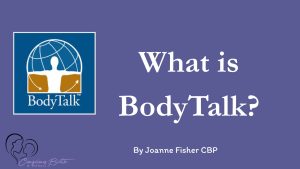
How BodyTalk Works
BodyTalk: A Consciousness-Based Healing System
Your body is more than flesh and bones—it’s a living network of consciousness. Every thought, emotion, and cell is in constant communication, maintaining your health and vitality. When that communication breaks down, symptoms arise to signal where attention is needed. BodyTalk restores these lines of communication through gentle tapping and guided awareness, allowing your body’s innate intelligence to reorganize, repair, and return to balance. Healing isn’t about fixing—it’s about reconnecting. When communication flows freely, the body naturally remembers how to heal itself.
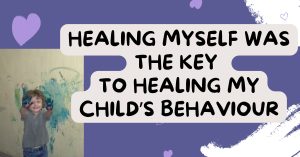
Healing Myself Was the Key to Healing My Child’s Behaviour
Parenting my 3-year-old son felt impossible—his chaotic behaviour, constant acting out, and emotional outbursts left me feeling helpless and disconnected. I tried control, discipline, and all the traditional approaches, but nothing worked. It wasn’t until I turned inward and began healing my own emotional wounds through BodyTalk and shifting into Conscious Parenting that everything changed.
This is the story of how healing myself transformed not just my son’s behaviour, but our entire relationship.
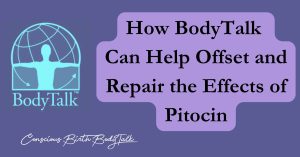
How BodyTalk Can Help Offset and Repair the Effects of Pitocin
Pitocin, while valuable in specific birth scenarios, can disrupt the natural hormonal and energetic processes of labour, leaving lasting effects on both mother and baby. These effects may range from challenges with bonding and breastfeeding to emotional trauma and even developmental impacts on the baby. If Pitocin was part of your birth journey, the BodyTalk system offers a gentle, non-invasive way to address birth trauma, rebalance the body-mind connection, and promote long-term healing for you and your baby.
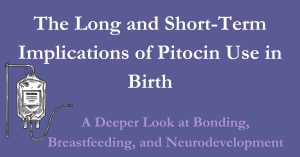
The Long and Short-Term Implications of Pitocin Use in Birth: A Deeper Look at Bonding, Breastfeeding, and Neurodevelopment
Pitocin, the synthetic version of oxytocin, is a commonly used tool in modern birth to induce or augment labour. While effective in specific medical situations, it is increasingly important to examine its potential implications—both immediate and long-term—on maternal and infant health. Michel Odent, a renowned obstetrician and advocate for undisturbed birth, raises concerns about synthetic oxytocin’s impact on the critical oxytocin system, highlighting profound and lasting effects on bonding, breastfeeding, and neurodevelopment.




